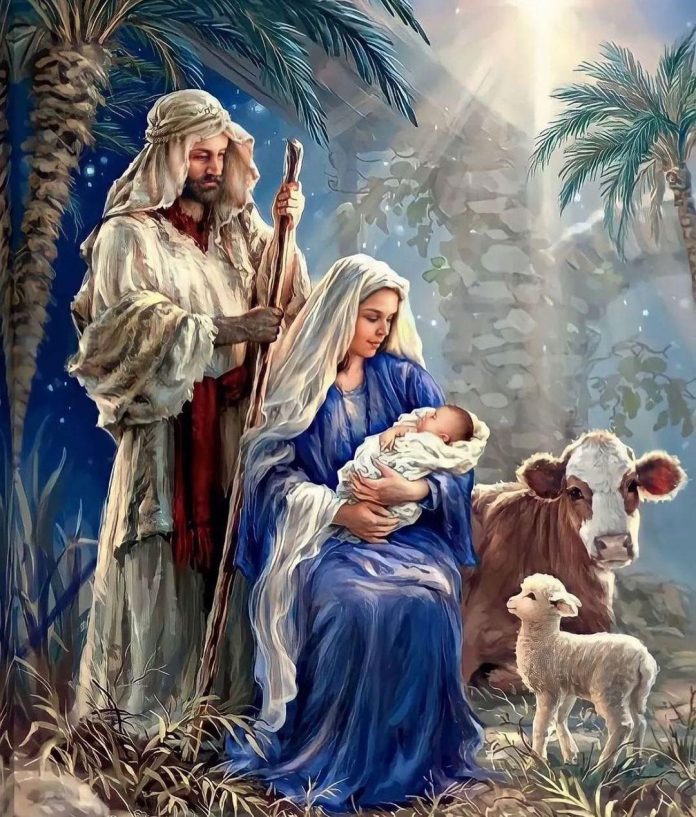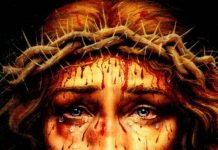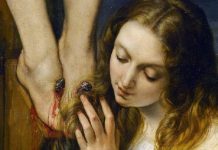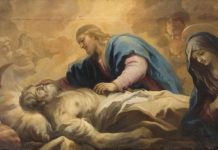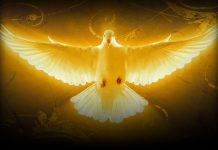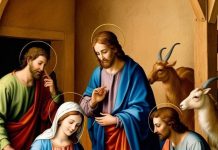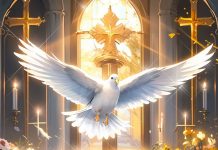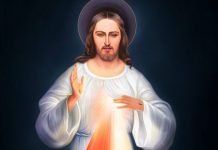Christmas marks the end of a long period of waiting. And meeting Christ is the absolute bliss that one can get at the end of this arduous journey. In fact Christmas is not the day when Jesus was born, but the day when we meet Jesus.
For us, Christmas has become a highly commercialized festival. There, the main character, Jesus in the manger, is pushed to the margins to give place for decorated cribs , shining stars, and a variety of dishes. Since it has become part of our tradition to celebrate Christmas this way, we repeat it every year. Unfortunately, the true spirit of Christmas is ignored in the process. Let us remember the words of the Lord that we are making void the word of God through our tradition that we have handed on’ (Mk 7:13).
Celebrating Christmas should not be a spontaneous act. Rather it should be the culmination of long days of preparation. When the wise men commenced their journey from the East to meet the King of Jews, they had the light of a little star to guide them. Its rays of hope led them straight to the city of the Lord. For the first time, they were confused after reaching Jerusalem. They needed help to cover the last lap of their journey.
Logic took them to the palace of Herod, because kings are born in palaces, and Jesus indeed was king. ‘Where is the child who has been born king of the Jews?’ (Mt 2:2). This question was enough to frighten Herod, because anybody who claimed to be king was a threat to him. Or so he thought. The wisdom to know that Jesus was the king of human hearts was alien to his mind.
It was the chief priests and scribes of the people who directed the wise men to Bethlehem. For them it was an accepted fact that the Savior should come from Bethlehem. Prophecies were crystal clear to exclude any place other than Bethlehem to be the birthplace of Jesus. Yet they did not think it necessary to go up to Bethlehem, which is hardly a few miles from Jerusalem, to look for the child. The same spirit that possessed Herod was present in them also. This was why they opted to ignore the good news.
For those who want to get proper directions to the place where Christ resides, their eyes should be free from the blindness of ignorance and lack of faith. Otherwise our eyes will be blinded to obscure the Lord from vision, even while he stands before us. We should be aware of the ultimate tragedy that may befall us, that of becoming blind in the brightness of the Lord. Jesus himself has warned us that it might so happen that those who do see would go blind. ‘I came into this world for judgment so that those who do not see may see, and those who do see may become blind’ (Jn 9:39). We need to buy ‘the salve to anoint our eyes so that we may see’ (Rev 3:18). This salve is supplied by Jesus and Jesus alone.
It is with the opening of our eyes that we understand the mystery of the holy birth. To see Jesus in person was something that many men, prophets and kings alike, longed for. ‘Many prophets and kings desired to see what you see, but did not see it, and to hear what you hear, but did not hear it’ (Lk 10:24). Jesus reminds us that every meeting with Christ is a blessing and listening to his words is also equally desirable.
Do we realize the value of this precious gift, the opportunity to see our Savior? There is a simple way to know it. It is the way chosen by the wise men. They never returned to Herod, but left by another road. It is needless for those who once met Jesus to return to the palace. The one who is the way, the truth, and the light will guide them in their onward journey. Nor do they need the light of a star anymore, because they are called to walk in the eternal light of the Lamb (Rev 21:24).
We should introspect whether, after celebrating Christmas year after year, we are still following the flickering light of a distant star. The true light, which enlightens everyone, has come to the world (Jn 1:9) and those who, even after seeing this light, love darkness rather than light (Jn 3:19) are scripting their own judgment. As for those who understand the true meaning of Christmas, their eyes should be opened to the light of Christ; the light that darkness could never overcome (Jn 1:5).
Now, our attitude towards Christmas determines the depth of our spirituality too. We find three types of persons, or rather three different responses to the good news from the manger. First was Herod who was frightened, and all Jerusalem with him (Mt 2:3). A ‘good news of great joy for all the people’ (Lk 2:10) has become a cause of fear for Herod!
Then comes the chief priests and scribes. They were indifferent to the core of the birth of the promised Savior. After all, Bethlehem was not too far for them to go and enquire!
It was the wise men who finally met Jesus. At the end of their journey they enjoyed the divine presence of Jesus, adored him and opened their treasure chests, offered him gifts of gold, frankincense, and myrrh. They returned with joy through another road that the Lord showed them.
Now it is our turn to decide. How do we plan to celebrate Christmas? May the Infant Jesus bless us to follow the path traveled by the wise men.


